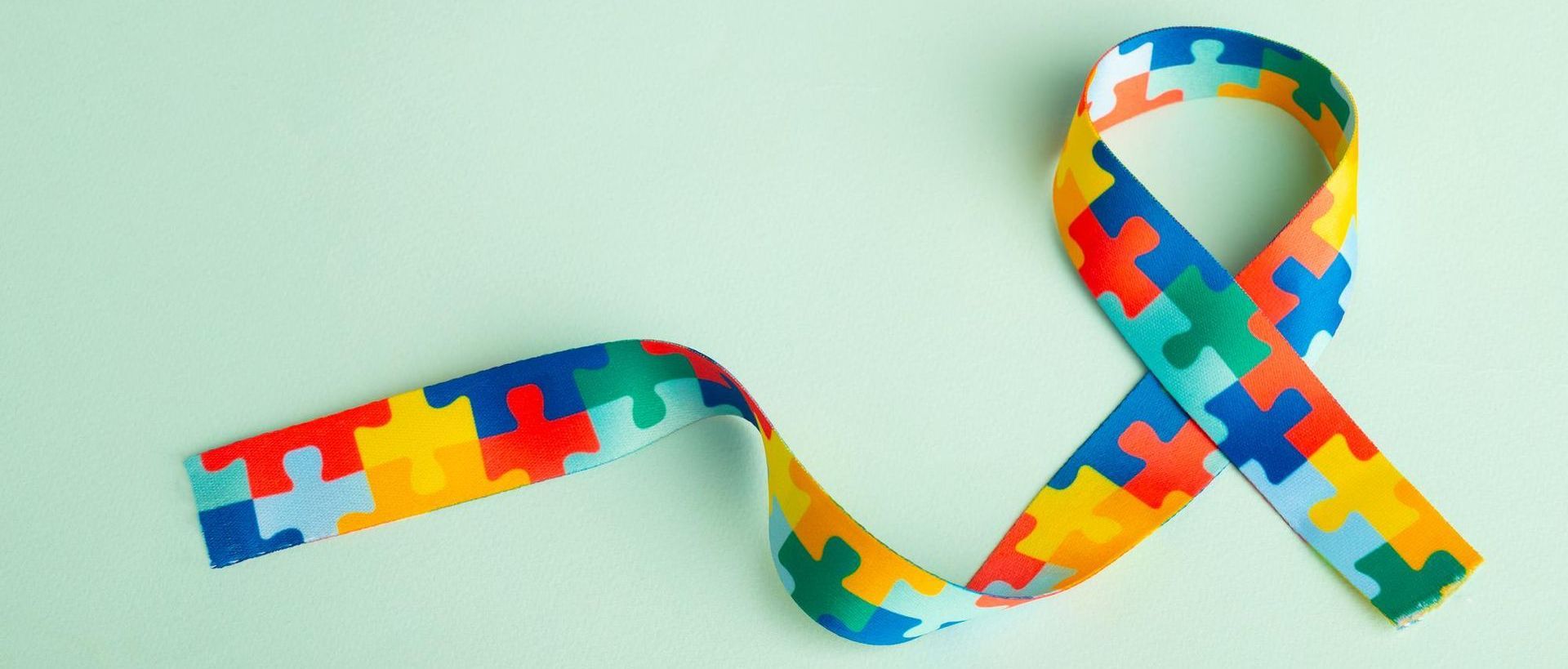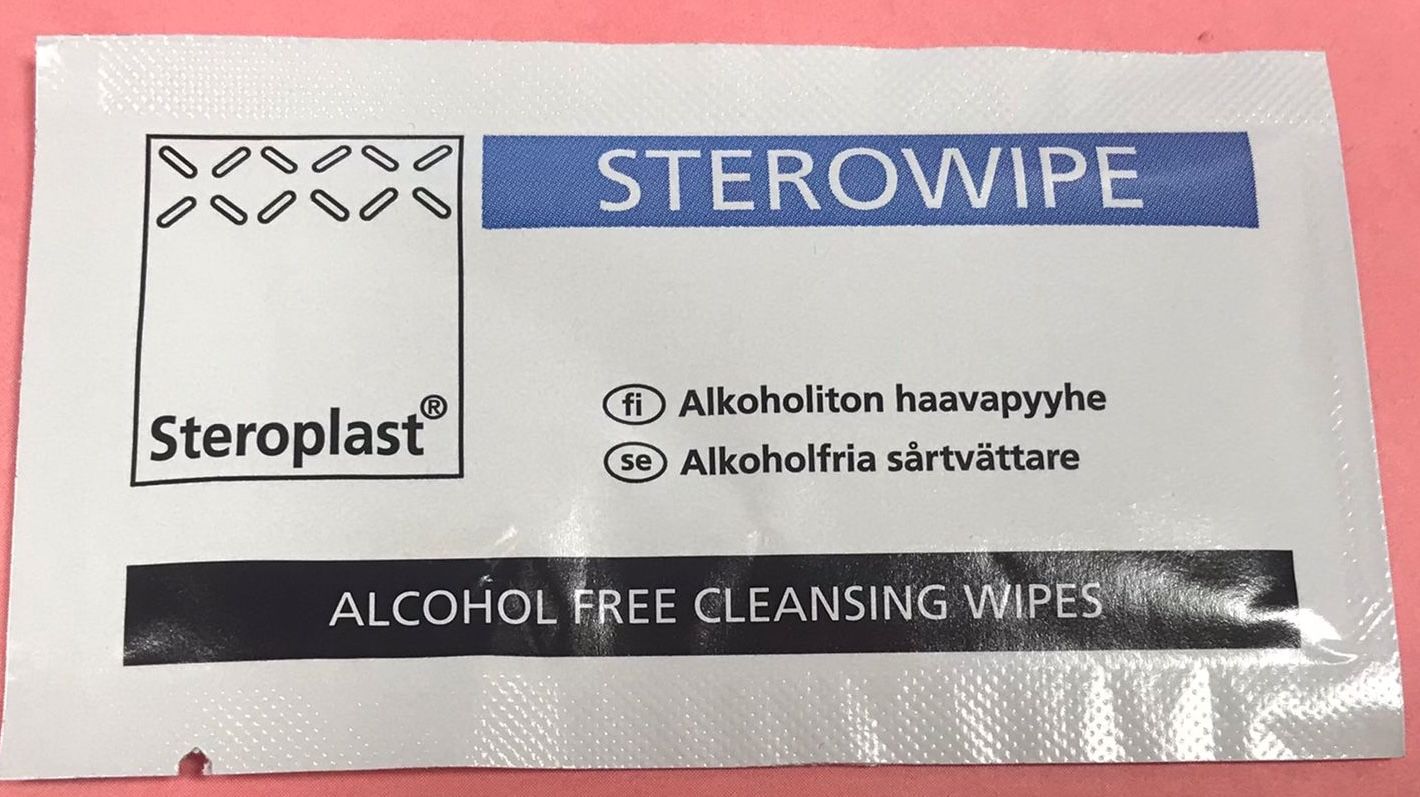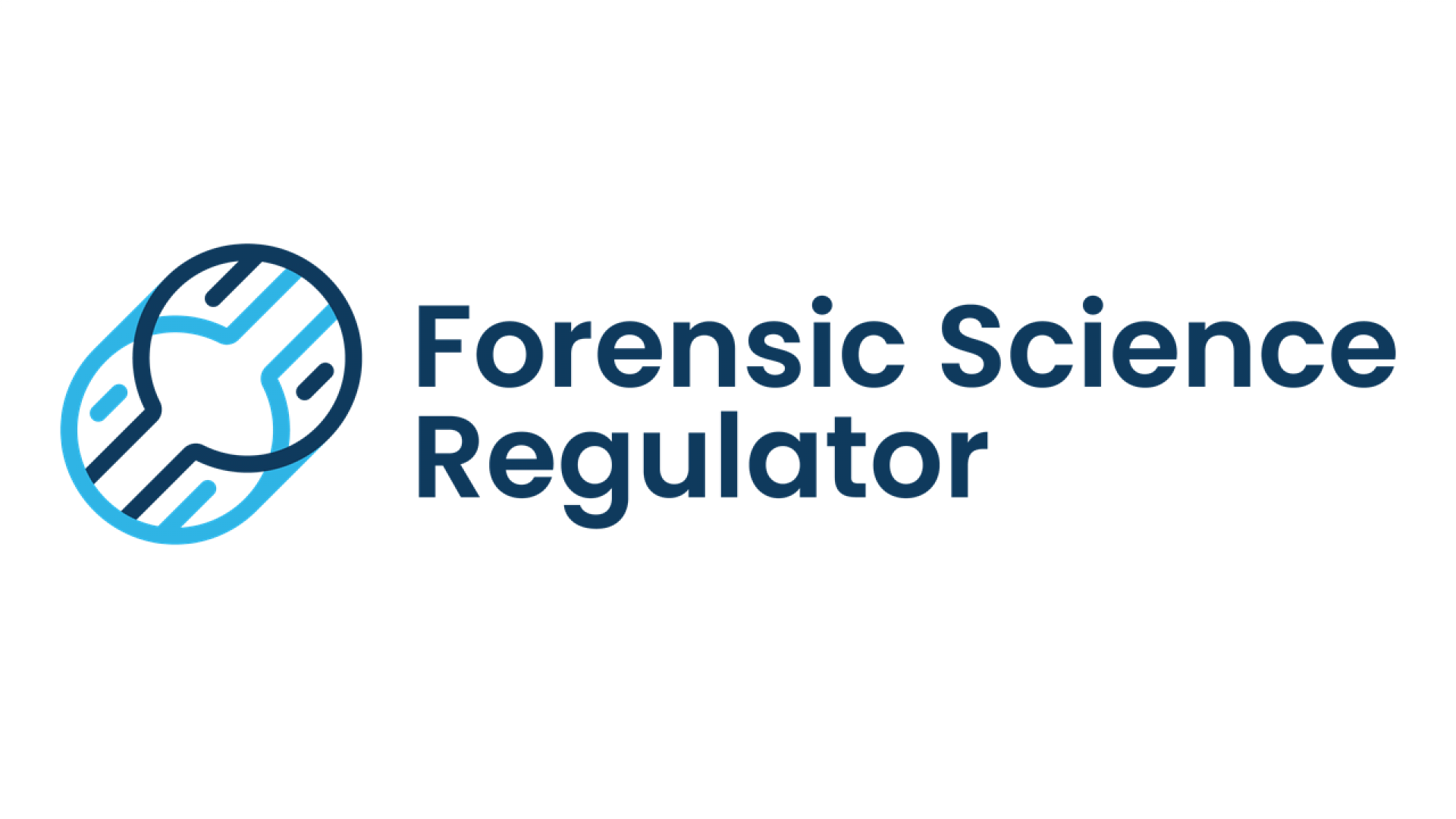World Autism Day
Improving Understanding and Support in Forensic Healthcare

On World Autism Day, it's important for forensic healthcare professionals to reflect on their interactions with autistic individuals, particularly within police custody suites, to ensure they are treated fairly, respectfully, and effectively.
Understanding Autism
Autism, or Autism Spectrum Condition (ASC), is a lifelong neurodevelopmental condition affecting how a person communicates, interacts socially, and perceives the world around them. Approximately 1 in 100 people in the UK are autistic, making it crucial for forensic healthcare professionals to understand this condition clearly.
Dispelling Myths and Misunderstandings
Autism is not a mental illness, nor is it something a person can outgrow. Terms like "high-functioning," "low-functioning," "Asperger's syndrome" (now simply referred to as Autism Spectrum Condition), or "autistic tendencies" are outdated or misleading. Autism presents differently in each individual, and assuming capability or needs based on appearance or superficial interactions can be detrimental.
Recognising Autism in Police Custody
Forensic healthcare professionals should be alert to potential indicators of autism:
- Difficulty with social interaction or maintaining eye contact
- Literal understanding of language or instructions
- Sensory sensitivities (e.g., noise, lights, touch)
- Anxiety or distress in unfamiliar environments
- Repetitive behaviours or focused interests
Awareness of these indicators enables professionals to adapt their communication and behaviour effectively.
Supporting Autistic Individuals in Custody
The justice system, particularly police custody, can be highly stressful for autistic individuals. Implementing support strategies can significantly improve their experience:
- Clear Communication: Use direct, simple language. Avoid metaphors, sarcasm, or abstract concepts.
- Reducing Sensory Overload: Provide a quieter, calmer environment wherever possible. Adjust lighting and reduce noise.
- Patience and Respect: Allow extra time for responses and avoid pressuring individuals during questioning.
- Autism Passport Scheme: Encourage the use of autism passports or alert cards, which quickly inform professionals about an individual's specific needs.
Resources and Further Reading
For detailed guidance, forensic healthcare professionals can access resources like the National Autistic Society’s guide for police officers, information about the Autism Passport Scheme, and broader guidance from the National Autistic Society.
By increasing our understanding and adapting our practices, forensic healthcare professionals can ensure autistic individuals receive fair, equitable, and supportive treatment throughout their journey in the justice system.
Together, let's make forensic healthcare inclusive for everyone.









